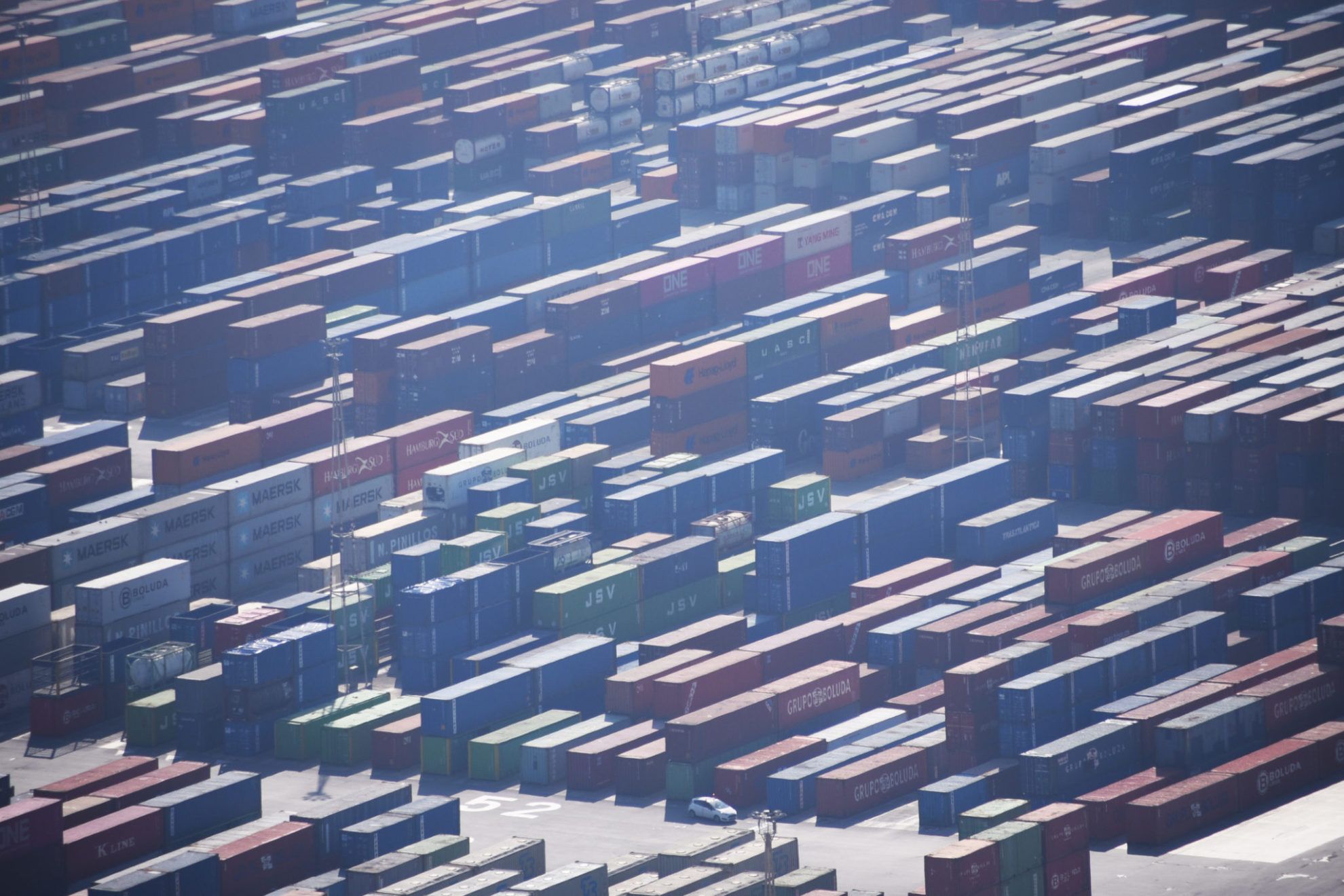According to London-based analyst Omar Hassan: “the coronavirus will bankrupt more people than it kills.” This could even sound good at first while panicking: if forced to choose, the majority of people would choose bankruptcy over death, however, behind this tabloid thesis sentence there is a crisis and transformation of global economy of a scale we haven’t been seeing for long now, and this will, indeed, be painful for many.
Analysists have long agreed that the global supply chains have become irrational by today, as Forbes writer Kenneth Rapoza has put it: “Retail pharmacies in parts of Europe reported that they couldn’t get surgical masks because they’re all made in China. Can’t Albania make these things for you? Seems their labor costs are even lower than China’s, and they are closer.” And it’s all true. There are long-time-no-see youth unemployment rates in the southern parts of Europe, the social systems are massively swamped and productivity drops. Why do we still keep manufacturing everything in South-East Asia?

Coronavirus as an economic phenomenon – now, when the majority of Chinese industry is in “reduced mode” – will sure accelerate the drawing of such conclusions by making the (so far) theoretical threats and exposures experienceable and livable.
The finding of the quoted Forbes contributor is so accurate that the Chinese suppliers themselves have been outsourcing their manufacturing to less developed Asian countries with cheaper labor force for years, and owing to American economic measures, Mexico, where the American companies started to relocate their production capacities also appears to be one of the great winners of this trend.
To put it simply: the trends of the past thirty years where China was the main supplier of Western economic developments seem to be stalling. And it is safe to say in this context that the speed of globalization slows down, and it may even drop into reverse. The elements of the global economic space that have been more and more entwined in the past decades are now detaching from each other, and the different economic blocs may also return to our lives with military-political multipolarity, which will inevitably lead to the detachment of technological and financial standards, as well.
It was a reality in the pioneer era of the cell phone that one had to take three cell phones to a business trip from the United States to Europe through Japan owing to the different communication standards. Can this be our reality once again? We hope not, as our devices are already a size that will only fit into the front pocket of a dungaree soon.

How do the different elements of global economy detach from each other?
On March 13, German Economy Minister Peter Altmaier announced that he would prefer if German health care and pharmaceutical companies rebuilt their capacities in Germany and I quote: “minimizing one-sided dependencies in order to win back national sovereignty in sensitive areas is the right idea.”
Completely different directions have spinned off from the regulation of artificial intelligence, one of the most dominant technological-economic sector of the next decade in each continent: a centralized model of the observer state in China, innovation governed by megacorporations in the United States, while a somewhat democratized version kept under community control in Europe. We could also mention the pending 5g war, and the entirety of these makes it seem like the next decade won’t be about accelerating globalization but the establishment of more and more isolated economic-political-military blocs. Is this a problem? If we asked George Friedman about this, we wouldn’t have a nice day, for sure.
If we examine it from a cultural angle, I say it’s not a problem. Globalization is strangling diverse cultural circles, local cultures and markets, it banishes national communities and designates a monopolistic autocrat in every segment that slaughters the smaller ones, may it be about languages, traditions and identities, small enterprises or local produces and brands. Of course we cannot act as if globalization didn’t come with some very beneficial impacts, but I think we lose a lot more than we gain.

It’s not even worth talking about the breakdown of the unified global political space. The peacetime of the nineties where everyone from Beijing to Moscow, from Brussels to Washington more or less accepted the boundaries and institutions of the international system is long gone. The epidemic accelerates this breakdown perhaps the most.
And who could be the winner of the medium-term deglobalization? The above mentioned Mexico, Central and Eastern Europe, India or even the African countries and of course Europe itself and the United States. To forecast this, however, we would need a crystal ball. One thing is for sure: the time to review the globalist utopia has officially arrived.










